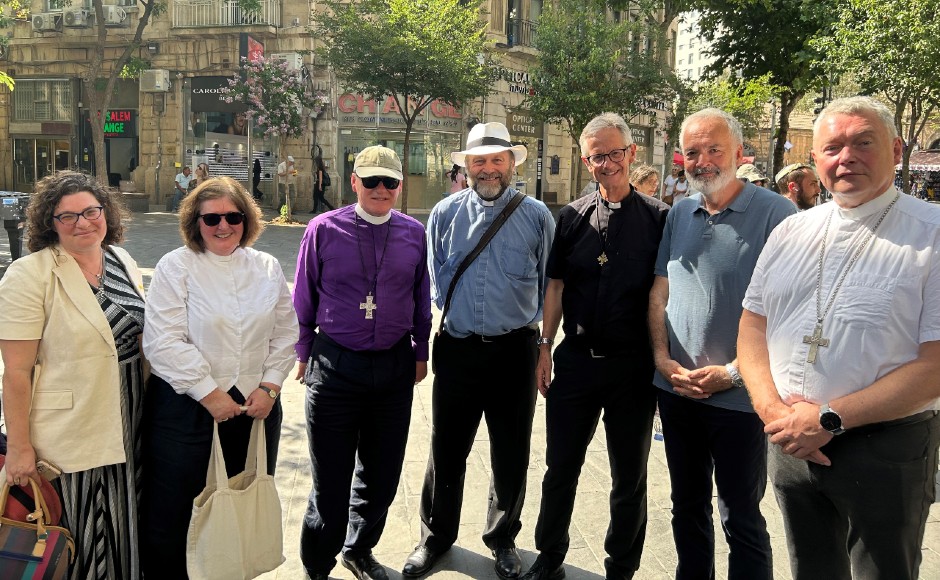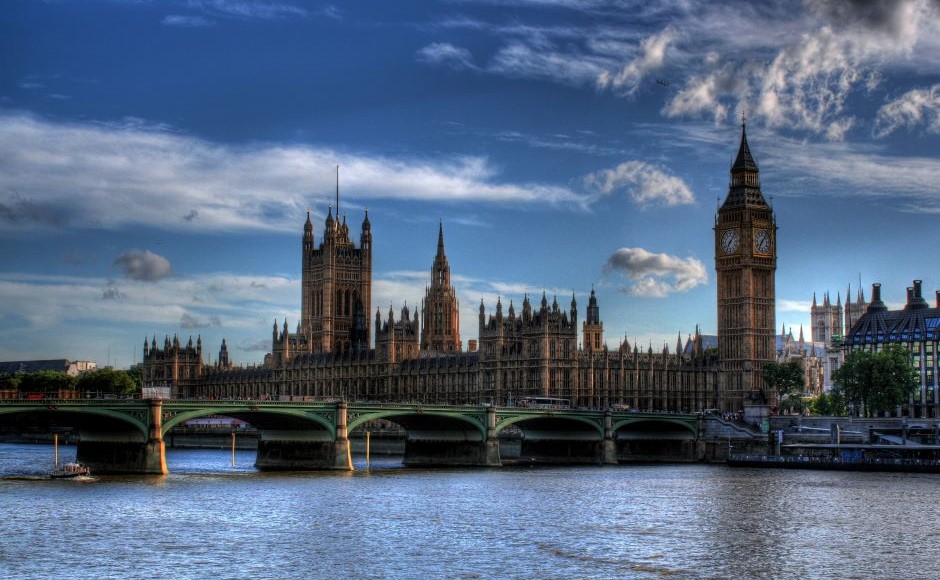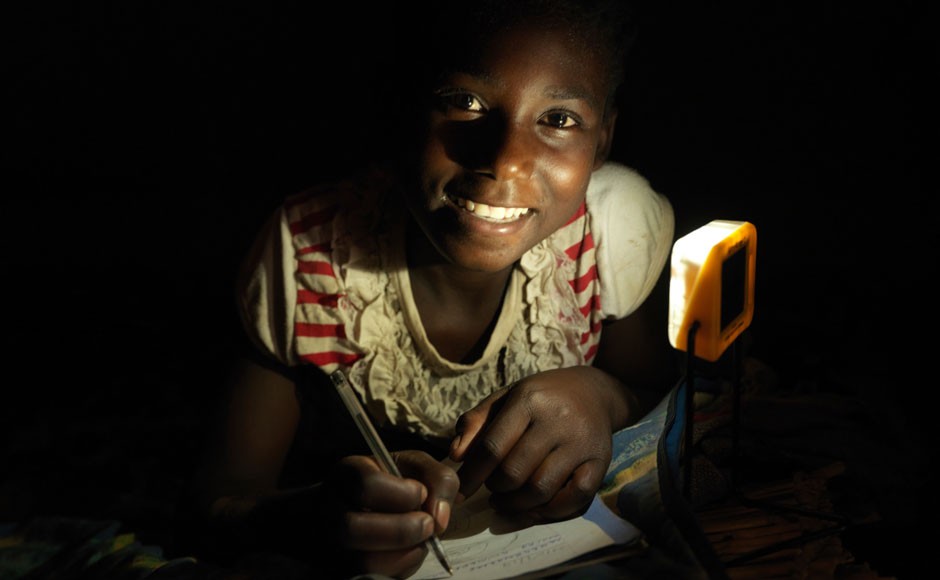Keep Christian representatives on education committees
Published on 21 May 2024 3 minutes read
The Church of Scotland must continue working closely with ecumenical partners as representatives of local authority education committees.
That was the message sent to the General Assembly today as it agreed to pass the responsibility of nominating people to presbyteries, which would then engage with councils.
Rev Gary Peacock, minister of Irongray, Lochrutton and Terregles churches in Dumfriesshire, argued that removing representatives would "risk leaving our children ignorant rather than well informed and able to exercise their own judgement".

He told commissioners that the Christian faith has a place in a plural and diverse Scotland.
The Church has a distinctive call and duty to every person in Scotland and through its extensive provision of youth and children's workers, the care and dedication of school chaplains and our comprehensive safeguarding policies and culture, always put the welfare of children and young people first.
Express truth
Every local authority has three places for a religious representative on the education committee.
Church representatives have a wealth of expertise and experience and seek to be good community partners and offer support and encouragement.
Mr Peacock said: "In a former life I served as a councillor and as I recall the role of religious representatives was valued.
"At the time teachers also served on the (education) committee.
"Sometimes the religious reps could be prophetic and tell truths that those in political parties found difficult or electorally inconvenient to utter.
"I regret the withdrawal of voting rights from religious representatives from some councils.
"This exploits a loophole in the legislation and I can't believe that the 1973 Local Government (Scotland) Act was intended to be interpreted in this way.
"Be that as it may, I welcome the report's ecumenical aspect in that we stand with our Catholic brothers and sisters in recognising the special place their church has in education in Scotland.
"My own children attend a Catholic secondary school and I greatly value the Christian ethos of the school.
"The underlying trajectory is one that ignores our history, a school in every parish, and the rightful desire of the Catholic community for the same standard of education for their children.
"While democracy is cited as the reason for the withdrawal of voting rights, there is undoubtedly an agenda of some to remove the Church from the sphere of education."
Mr Peacock said he has two schools in his parish and is privileged to visit pupils and staff at Christmas and Easter.
"I am not there to proselytise but to inform and to allow children to grow in knowledge and experience while being sensitive to their background," he added.
"I would urge the team to remain vigilant on this matter and work with other churches and other faith groups to ensure that religious observance, school chaplaincy and the provision of moral and religious education in schools continues.
"A completely secular education system and a lack of religious and moral education is not a neutral position as some would claim but rather a value judgement in itself.
"It risks leaving our children ignorant rather than well informed and so able to exercise their own judgement as we would wish.
"We may be fortunate that these issues are probably too hot a potato for any Scottish Government to tackle but there will in the coming years be pressure on them to do so.
"So let's stand with our ecumenical partners and make the case that Christian faith has a place in a plural and diverse Scotland, not least in the education of our young people."
Serve the wider community
Education committee representatives are often former teachers, school chaplains or have had a direct, real and recent understanding of what happens in a classroom and their insights and knowledge can often be invaluable.
Very few matters come to a vote and representatives do not usually choose to vote on matters of policy or of a political nature and their role is to serve the wider community.
Rev David Burt, minister of Old Gourock and Ashton linked with St Ninians church in Greenock, is an education committee representative on Inverclyde Council.
"Voting rights are important but they are not the be all and end all," he told the General Assembly.
"The key thing is there is still church representation on committees and your voice is being heard.
"You could make the strong argument that taking away voting rights dulls the arguments of those who seek to remove religious representatives from education committees.
"There is a very strong campaign for that from the Scottish Humanist Society.
"Inverclyde Council was petitioned by the Scottish Humanist Society to remove all religious representatives and they resoundly said no and we retain our voting rights."


